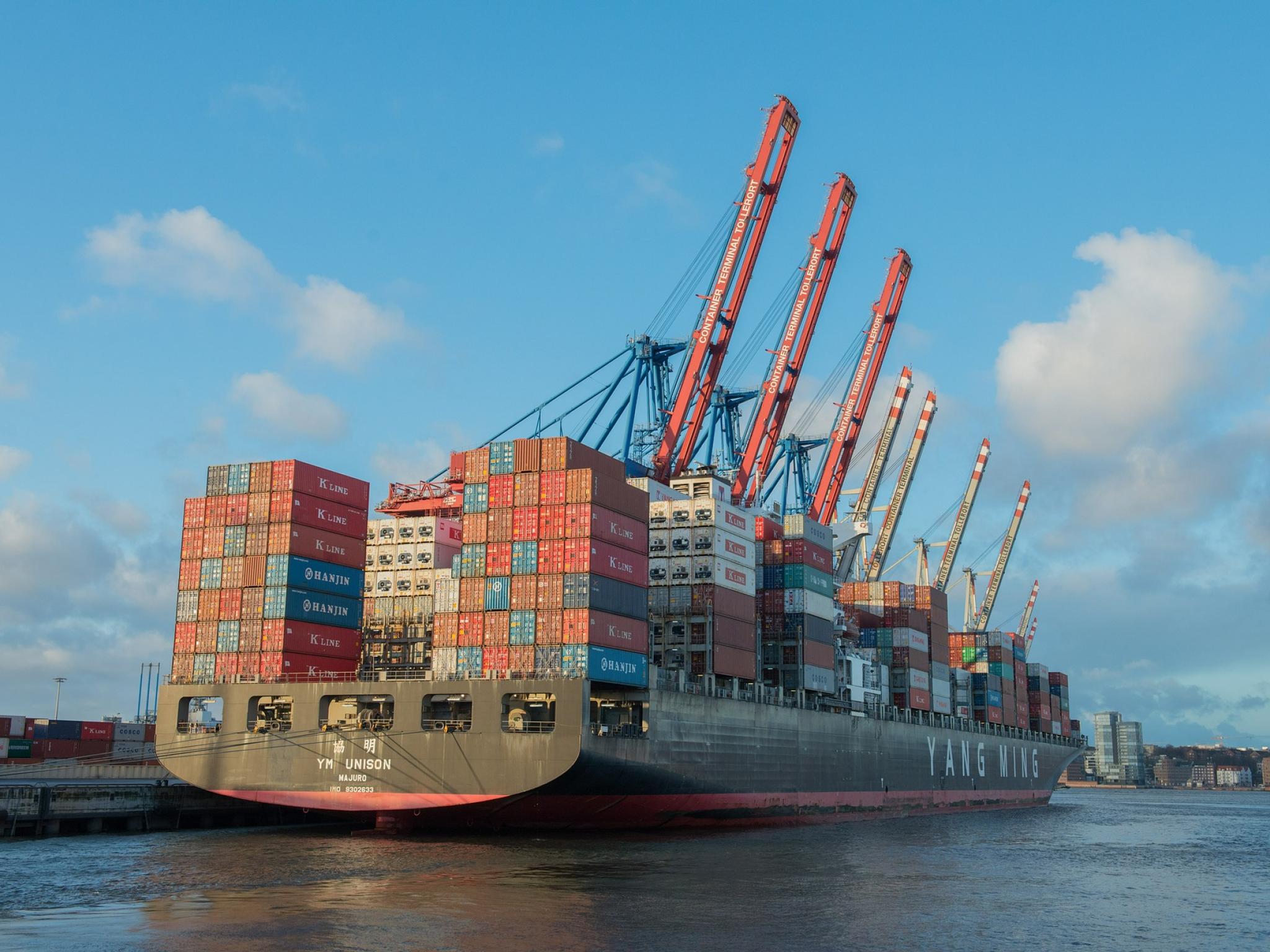
Larry Fink, CEO of BlackRock, Inc. (NYSE:BLK), said Thursday that he believes Russia's attack on Ukraine will have a lasting impact on the global economy.
A New World: In his annual letter to shareholders, Fink said the global geopolitical tensions that began during the COVID-19 pandemic have now been pushed past a tipping point.
"The Russian invasion of Ukraine has put an end to the globalization we have experienced over the last three decades," Fink wrote.
Related Link: Recession Indicator: What An Inverted Yield Curve Means For Investors
He said BlackRock is one of many global companies essentially waging an "economic war" on Russia by cutting off capital to the country and its companies.
"Russia has been essentially cut off from global capital markets, demonstrating the commitment of major companies to operate consistent with core values," Fink wrote.
Rethinking Supply Chains: For now, the U.S. and other countries around the world are reassessing their reliance on Russian energy, but Fink said the Ukraine conflict will likely push countries to rethink their all their dependencies on other nations for all forms of resources and manufacturing.
"While companies’ and consumers’ balance sheets are strong today, giving them more of a cushion to weather these difficulties, a large-scale reorientation of supply chains will inherently be inflationary," Fink wrote.
In the short-term, Fink said the war in Ukraine will prompt countries to increase reliance on domestic oil, gas and even coal, slowing the world's progress toward a clean energy future. However, he said the Russian invasion may be a positive catalyst for a green future in the longer-term.
"More than ever, countries that don’t have their own energy sources will need to fund and develop them — which for many will mean investing in wind and solar power," he said.
Benzinga's Take: Given the tremendous amount of disruption the Russian invasion has caused in the global energy market, the fact that the SPDR S&P 500 ETF Trust (NYSE:SPY) is down just 6.1% year-to-date is a testament to the strength and resiliency of the U.S. economy. Investors won't get a full sense of the impact the invasion and energy price inflation has had on corporate earnings until first-quarter earnings season kicks off in April.







